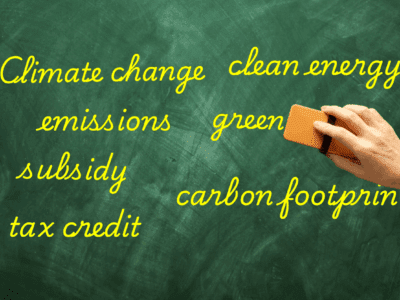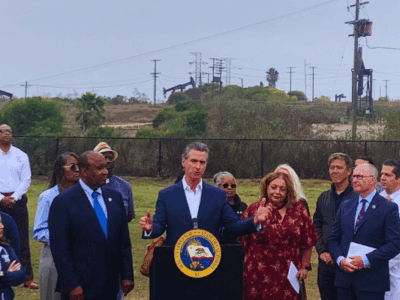What Martin Luther King DIDN’T Say
Issues like the environment and animal rights weren’t on his radar screen.
Since tomorrow is Martin Luther King day, I was curious about whether Dr. King had ever said anything about the environment. When I did a google search, this quotation popped up over and over again:
“Never, never be afraid to do what’s right, especially if the well-being of a person or animal is at stake. Society’s punishments are small compared to the wounds we inflict on our soul when we look the other way.”
But this seems to be a textbook case of how the Internet can spread misinformation. The quote got started somewhere, and then as it was repeated, it gained credibility since so many people had endorsed it.
There are a number of reasons to reject the authenticity of this quotation:
First, no source is ever given for the quote. It doesn’t appear in the King digital archives. A search for the word “animal” produces only a couple of documents contrasting humans and animals. A search for “wounds we inflict” produces no documents at all.
Second, no context is ever given for the quote — neither the occasion when it was said nor any of the surrounding language.It is hard to imagine an occasion when animal welfare would have been relevant to the specific topic of a speech by King.
Third, the quote lacks the power and vividness characteristic of King. The phrase “well-being of a person or animal” is tepid and abstract. The “especially” clause is simply tacked on to the main body of the sentence, and the entire quote lacks a strong cadence. In short, the first sentence sounds like it was written by an academic, not by a great orator.
I’m a bit disappointed that the quote was bogus, since I was hoping for evidence that King was an environmentalist. So far as I can tell, however, environmental issues just weren’t on his radar screen at all. Maybe that would have changed if he had lived a few more years.
Reader Comments
5 Replies to “What Martin Luther King DIDN’T Say”
Comments are closed.







Dr. Martin Luther King jr potentially prioritized resolving the issues of racism and human rights before environmentalism. Just because the author of this article could not find a quote on Google does not necessarily mean that the environment did not pose great interest to him.
It’s important that we celebrate what he did do for humanity in his short life, and not what he could not accomplish or did not say.
Dr. King arguably did have environmental issues on his radar–Robert J. Bullard, in his article, Environmental Justice in the 21st Century, Race Still Matters, states that Dr. king traveled to Memphis in 1968, immediately before his assassination, to support an environmental justice campaign by garbage workers who were seeking better working conditions and better pay. And while Dr. King was unable to join the environmental justice movement that emerged in the United States in the early 1980s, his legacy, and the legacy of the Civil Rights Movement, shaped and supported these grassroots struggles against environmental racism.
I certainly didn’t mean any criticism of Dr. King. There’s no reason why he should have been expected to speak on every single good cause. My perspective on the garbage workers strike is a little different than the other commenter — I see it as more a matter of economic justice than environmental justice, but I suppose people can differ about that.
I tooled around the MLK archives, didn’t find much. There was one letter to MLK from someone else complaining about polluted drinking water:
http://www.thekingcenter.org/archive/document/letter-marilyn-thomburgh-mlk
Hard to say that’s much in the way of evidence.
No hits for the word “smog”, which is the other thing I expected someone might pick up on in the Sixties.
One other thought – he opposed nuclear weapons tests, and some people back then thought those tests might have environmental dangers. This might be an area of overlap.
I found one doc on the archive that mentioned pollution from tests, but didn’t seem to be from MLK.